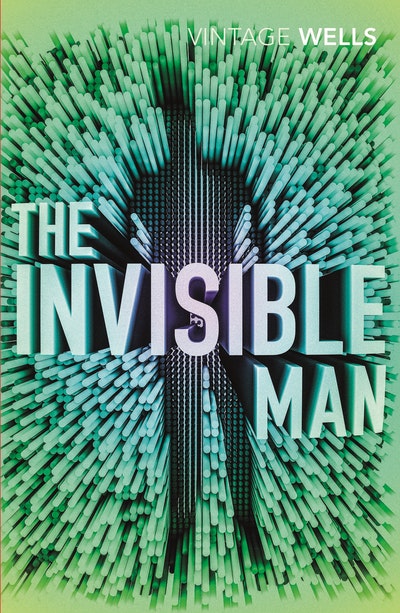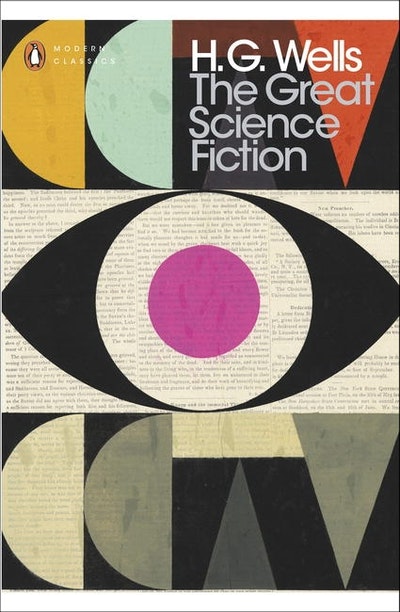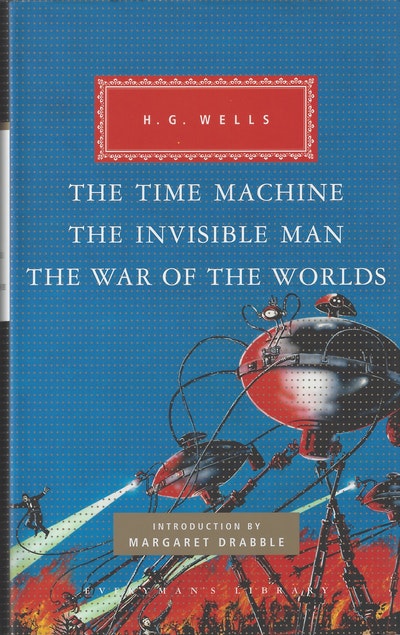- Published: 5 January 2017
- ISBN: 9781473546820
- Imprint: Vintage Digital
- Format: EBook
- Pages: 192
The Invisible Man
A cautionary horror story about the dangers of greed, isolation and a science without ethics, from the father of science fiction
.
The stranger arrives early in February, one wintry day, through a biting wind and a driving snow. He is wrapped up from head to foot, and the brim of his hat hides every inch of his face. Rude and rough, the stranger works with strange apparatus locked in his room all day and walks along lonely lanes at night, his bandaged face inspiring fear in children and dogs. Is he the mutilated victim of an accident? A criminal on the run? An eccentric genius? But no-one in the village comes close to guessing who has come amongst them, or what those bandages hide.
‘Wells was the founding father of science fiction, and in his utopian fantasy novels he was proved eerily correct’ Daily Telegraph
- Published: 5 January 2017
- ISBN: 9781473546820
- Imprint: Vintage Digital
- Format: EBook
- Pages: 192
Other books in the series
About the author
Related titles
Praise for The Invisible Man
Enduringly captivating
Observer
Pioneering
Daily Mail
Wells was the founding father of science fiction, and in his utopian fantasy novels he was proved eerily correct
Daily Telegraph
The original; and far better than any of the film versions
The Times
































































































































































































































































































































































































































































































































































































































































































































































































































